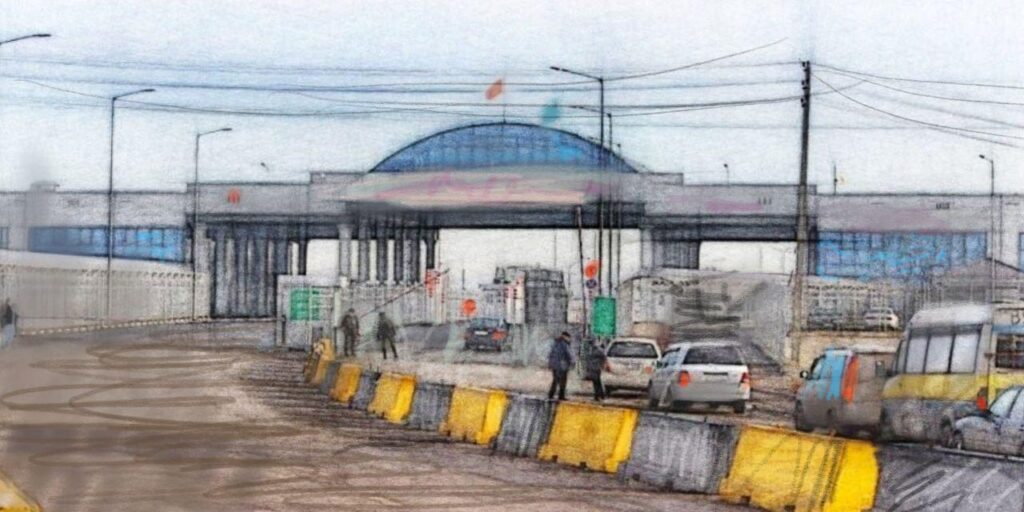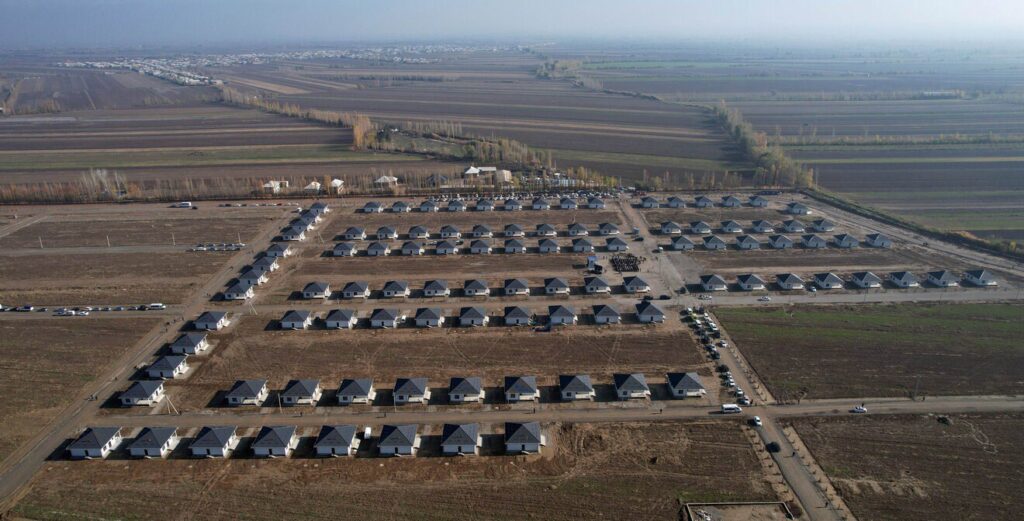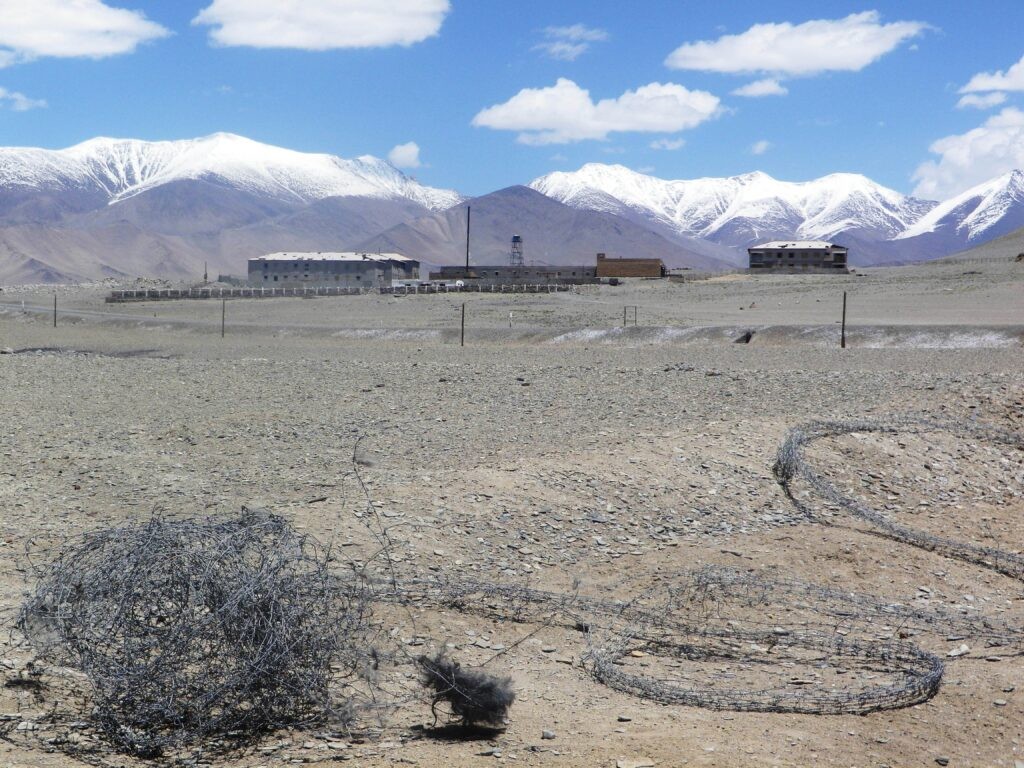A Resolution to Kyrgyzstan’s Last Border Problem?
In April, Kyrgyzstan signed a border delimitation agreement with southern neighbor Tajikistan, ending a long-running and at times violent feud along the two countries’ frontier. Now Kyrgyzstan is taking steps to resolve its border disagreements with its northern neighbor Kazakhstan. The Joint Project Representatives from Kazakhstan and Kyrgyzstan met in Bishkek on May 22 to discuss the impending construction of an industrial transport-logistics complex on their border. Kazakhstan is building similar complexes along its borders with other neighboring countries (China, Russia, Uzbekistan, and Kyrgyzstan). The idea for the Kazakh-Kyrgyz facility was approved in May 2024, and work is scheduled to start next year. Economically, it is not a huge project, but symbolically, it could be a breakthrough ending years of aggravation connected to the country’s border crossings. The aim of the complex is “to jointly produce, store and sell medicines, textiles, as well as dairy, meat, and vegetable products.” In itself, the venture is laudable, but the location of the complex is what is interesting. This trade and logistics complex will occupy 3.6 square kilometers of territory in Kazakhstan and 4 square kilometers in Kyrgyzstan at a place not far from the Ak-Tilek (Kyrgyzstan) - Karasu (Kazakhstan) border crossing. Kyrgyzstan’s Ak-Tilek and the other four border crossings with Kazakhstan have been in the news for more than seven years due to long lines of trucks on the Kyrgyz side waiting to cross into Kazakhstan. This has become a sore point in what have usually been good relations between the two countries. The Legacy of Almazbek Atambayev Ever since the Soviet Union disintegrated in late 1991 and the five Central Asian states became independent, relations between Kazakhstan and Kyrgyzstan have been the best among any two states in Central Asia. This was evident along their border, which compared to the others among the Central Asian states remained lightly guarded and relatively easy to cross. That changed in autumn 2017, due to an incident that was unrelated to the actual Kazakh-Kyrgyz border. Kyrgyzstan was preparing for a presidential election scheduled for October 15, 2017. The president at the time, Almazbek Atambayev, was leaving office, in accordance with the country’s constitution that permitted a president only a single term. Atambayev had picked a successor, Sooronbai Jeenbekov. The leading opponent was popular businessman Omurbek Babanov, who was polling ahead of Jeenbekov in the run-up to the election. In mid-September, Babanov visited Kazakhstan and met with then-President Nursultan Nazarbayev. Atambayev was furious. On October 7, he said that the “Kazakh authorities want to force their candidate on us.” Atambayev criticized the way Kazakhstan spent revenue, hinting that average Kazakh citizens did not seem to enjoy the fruits of the vast wealth of the country. On October 10, without warning, Kazakhstan closed its crossing points to traffic from Kyrgyzstan. Later, Kazakhstan’s security service said the restrictions were part of a planned border operation and claimed to have registered 112 violations in less than 48 hours. As the line of trucks grew on the Kyrgyz side of...






